Are You Getting Ripped off by Sunscreen Companies?
By:
Sunscreen is an unfortunate necessity in the warmer months, it's a pain to put on, it leaves a pesky oil slick on the skin, and it can be expensive.
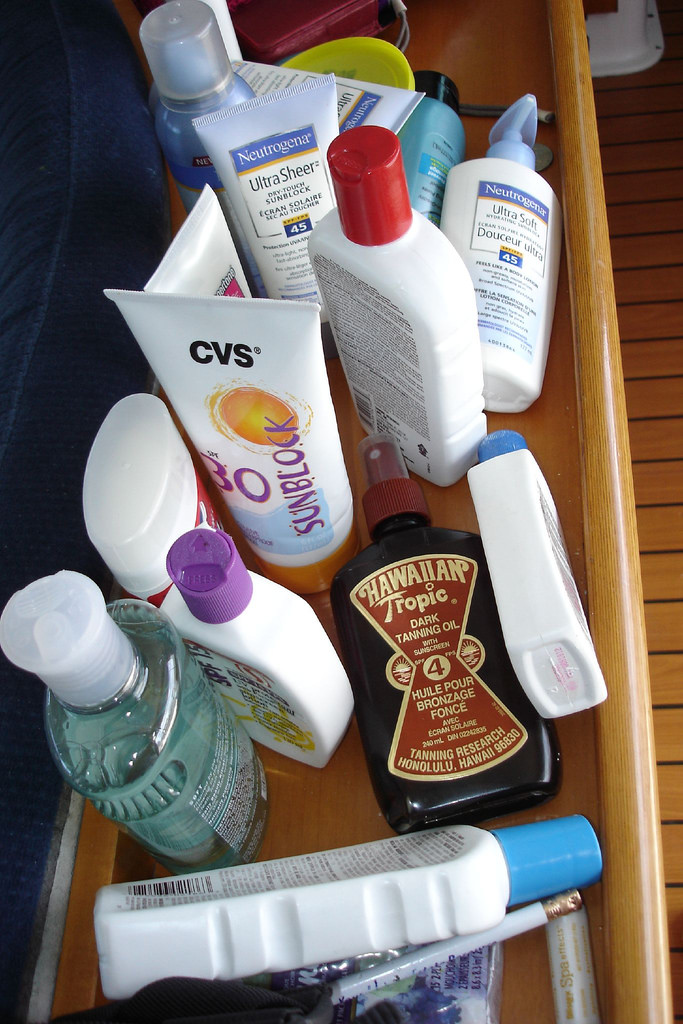 Tom Purves / Flickr - flickr.com
Tom Purves / Flickr - flickr.com
Still, there's no questioning the importance of using it to block harmful solar rays that can cause sunburns, and much, much worse. But faced with a glut of choices presenting varying levels of SPF (sun protection factor) and differing "spectrums" and prices, how should consumers know what the best option is? Moreover, who's to say the whole industry isn't just a big scam?
 Flickr/Tony Alter - flickr.com
Flickr/Tony Alter - flickr.com
What does sunscreen actually do?
There are two types of radiation that we're blocking when we put on sunscreen: UVAs and UVBs. While the latter sizzle our skin to darker tones and crisp burn gradients, the former zap through the skin's surface and damage skin cells that live deeper down.
UVAs, according to the Skin Cancer Foundation, are far more common than the more superficially harmful UVBs, accounting for up to 95 percent of the ultraviolent radiation that reaches the earth's surface. But as Tech Insider reports, SPF doesn't actually provide any useful information about a sunscreen's ability to block UVAs. In fact, "it doesn't take into account any of the negative effects of sun besides burns," Tech Insider notes.
Choosing a product that's "broad spectrum," however, means that it provides ample protection against UVAs, according to the U.S. Food and Drug Administration.
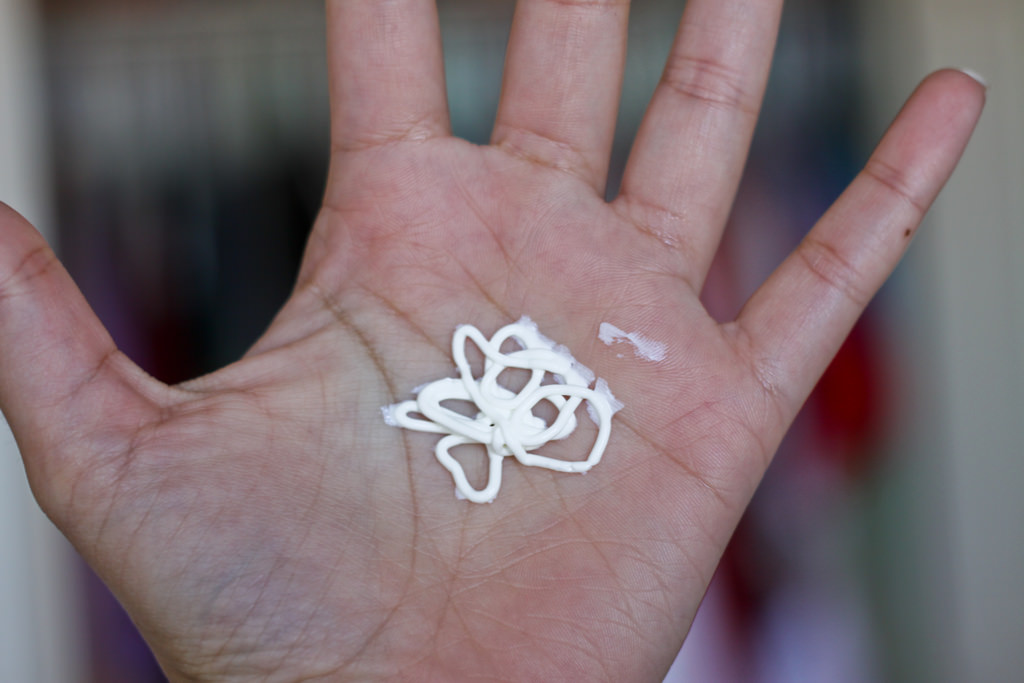 Flickr / haiderzs - flickr.com
Flickr / haiderzs - flickr.com
So, then, does it matter what SPF you choose?
This is where things get a bit tricky. The higher the SPF, the more protection you're theoretically getting yourself. But it turns out that the difference can be miniscule — at least, for anything above SPF 50, which blocks out about 98 percent of UVB rays, according to Steven Wang, director of dermatologic surgery and dermatology at Memorial Sloan-Kettering Cancer Center. SPF 100 blocks an estimated 99 percent of UVB radiation, for instance.
In fact, the FDA is considering regulations that anything above SPF 50 just say "SPF 50+" since the agency "has no data demonstrating that sunscreens with an SPF of more than 50 provide additional benefits compared to those with SPF 50."
That could be especially important for thrifty sunbathers, as higher SPFs generally seem to fetch higher prices. On Amazon, the popular sunscreen brand Banana Boat offers a wide price of variations depending on the SPF. Just look at the price per fluid ounce.
SPF 30
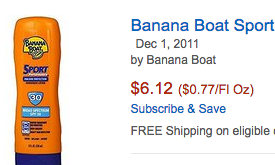 Amazon - amazon.com
Amazon - amazon.com
SPF 50
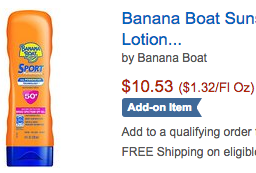 Amazon - amazon.com
Amazon - amazon.com
SPF 100
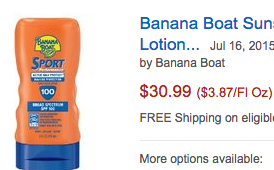 Amazon - amazon.com
Amazon - amazon.com
All of which is not to say that there's some great conspiracy to trick consumers into investing more in products that provide better protection. But it's probably worth keeping in mind that anything above SPF 50 isn't necessarily going to make a huge difference — and perhaps most importantly, that no matter how high the SPF is, harmful UVA rays are still getting through. That's why experts suggest looking for that "broad spectrum" label, or ingredients like zinc oxide, titanium dioxide, avobenzone, ecamsule, or oxybenzone, that help protect against UVA rays.
[Ed. Note — In an earlier version of this story, we referred to UVB rays as "more powerful" than UVA rays. While UVB rays cause more superficial skin damage, UVA rays are able penetrate deeper into the skin. We've updated the story to reflect this distinction.]
